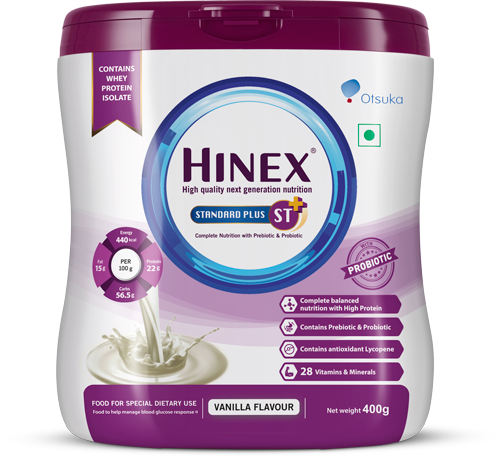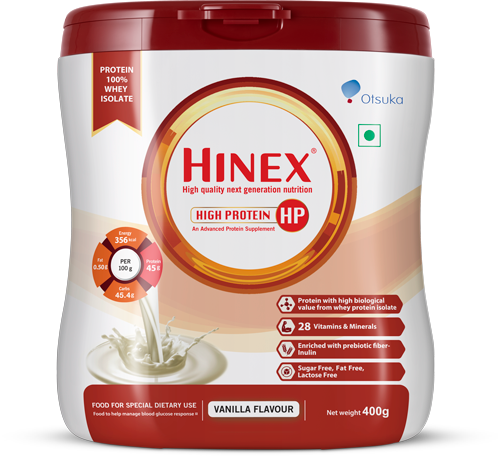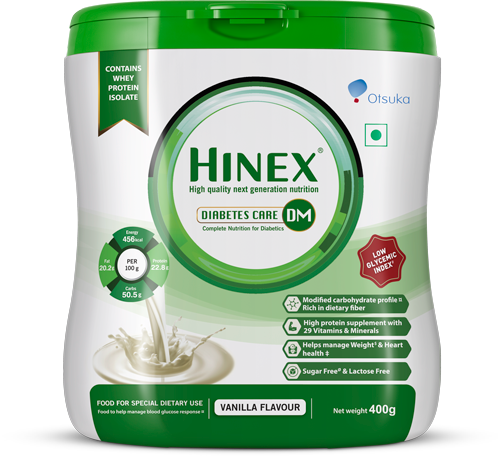Fat loss facts that will surprise you!

As we all know, obesity is a common and rising hidden pandemic and is the root cause of many other health issues, worldwide. Patients with obesity are at the risk of developing several health conditions, including heart disease, gastrointestinal disease, type 2 diabetes, joint and muscle disorders, and respiratory problems, which can negatively affect the quality of daily life, and also increases the risk of death.
It is proven that even a modest weight loss of 5% to 10% of your total body weight is expected to produce health benefits, like improvements in blood pressure, blood cholesterol, and blood sugar. If at any point of time in your life you have decided to lose weight and be more active, then you must be aware of the common recommendations geared for fat loss. Read on below to learn about the fat loss facts that may help you to reach your weight loss goal and may promote good health and well-being.1,2
Choose healthy lifestyle
The goal of some fad diets which are designed for a “fast weight loss” is to make you feel fuller and help you eat less, while others suggest cutting back on calories and carbohydrates or fat. Instead of this, focus on altering certain eating habits and lifestyle choices. Drinking enough water, eating plenty of fruits and vegetables, including protein rich and high fibre foods in your diet while restricting refined and highly processed foods can help in healthy and more sustainable weight loss.
Healthy diet and physical activity together can help to maintain health over the long term. Spending an hour on the treadmill hoping to lose some weight is not a successful concept. Long cardio exercises are very demanding and there is a more energy requirement which may make you eat more and ultimately weaken your fat loss journey. Aim for at least 150 minutes a week of moderate physical activity (example: walking briskly; a 15-minute mile) along with healthy diet to lose weight and to further keep it off. Consult your doctor before starting any new exercise regimen or diet plan.3,4
Load up on Vitamin D
Whether you believe it or not but vitamin D doesn’t just helps to absorb calcium and regulate your immune system but the evidence suggests that getting enough vitamin D could enhance weight loss and decrease body fat. Moreover, vitamin D deficiency is quite commonly observed in obese patients; thus, supplementation of vitamin D may help you in your weight loss journey. However, supplementation should be done only under the supervision of a doctor.5
High protein diet
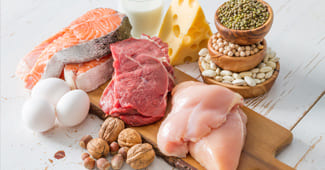
High-protein diets can help to preserve lean body mass (muscle mass) during weight loss. Getting enough protein on a routine basis is important for the overall health of an individual. Some rich sources of protein include eggs, nuts, lean meats, fish, dairy products, and many grains. Protein is the most filling macronutrient which helps in the reduction of appetite and ultimately food intake – two effects that encourage weight loss. Before increasing your protein intake when aiming for weight loss, one must consult a doctor.6-8
What worked for others may not work for you
It is very important to understand that weight loss and nutrition are based on individuals’ personalities and even though it’s okay to follow a standard meal plan, it’s important to follow recommendations from your healthcare professional/dietician who can better help you in choosing a right dietary and exercise regimen.9
Monitoring or tracking your daily food intake
Using calorie tracking application can help in keeping track of calories and can further help you to avoid consumption of excessive calories and also in weight management.10
Cut added sugar from your diet
Consuming a lot of added sugar is bad for your health as a whole. Reducing consumption of added sugar can help in controlling our blood glucose levels, improving hear, health, as well as can help in weight loss.3,11
Products that guarantee fat loss may just be guaranteeing you money loss, instead
The fad products available are not only ineffective but can also be harmful. The best way to lose fat safely is by implementing a healthy diet and regular exercise.3
Burning fat is cheaper than gaining it
The habit of overeating or consuming too much of processed/fast food is not just harmful for your overall health but it can also be expensive. Eating smaller portion sizes of healthy food doesn’t have to be costly. Try to eat protein, vegetables, and good fats (avocado oil, coconut oil, etc.) and stick to it so that you can save your health, as well as your wallet.3
References
1. Fruh SM. Obesity: Risk factors, complications, and strategies for sustainable long‐term weight management. J Am Assoc Nurse Pract. 2017 Oct; 29(Suppl 1): S3–S14.
2. Losing Weight. Available at: https://shorturl.at/fnyQ2; accessed on March 10, 2023.
3. The 9 Best Diet Plans for Your Overall Health. Available at: https://www.healthline.com/nutrition/best-diet-plans#TOC_TITLE_HDR_2; accessed on March 15, 2023.
4. Swift DL et al. The role of exercise and physical activity in weight loss and maintenance. Prog Cardiovasc Dis. 2014 Jan-Feb; 56(4): 441–447.
5. Khosravi ZS, Kafeshani M, Tavasoli P, Zadeh AH, Entezari MH. Effect of Vitamin D supplementation on weight loss, glycemic indices, and lipid profile in obese and overweight women: A clinical trial study. Int J Prev Med. 2018; 9: 63.
6. Pesta DH, Samuel VT. A high-protein diet for reducing body fat: mechanisms and possible caveats. Nutr Metab (Lond). 2014; 11: 53.
7. 16 Delicious High Protein Foods. Available at: https://www.healthline.com/nutrition/high-protein-foods; accessed on March 15, 2023.
8. All You Need to Know About High Protein, Low Carb Diets. Available at: https://www.healthline.com/nutrition/high-protein-low-carb-diet#benefits; Accessed on March 15, 2023
9. 5 weight loss facts everyone should know. Available online at https://www.decohealthyliving.com/blog/5-weight-loss-facts-everyone-should-know. Accessed on 26th Dec 2022
10. The 8 Best Calorie Counter Apps. Available at: https://www.healthline.com/nutrition/5-best-calorie-counters#purpose; Accessed on March 15, 2023.
11. What Are 30-Day No Sugar Challenges? All You Need To Know. Available at: https://www.healthline.com/nutrition/30-days-no-sugar; accessed on Feb 28, 2023.
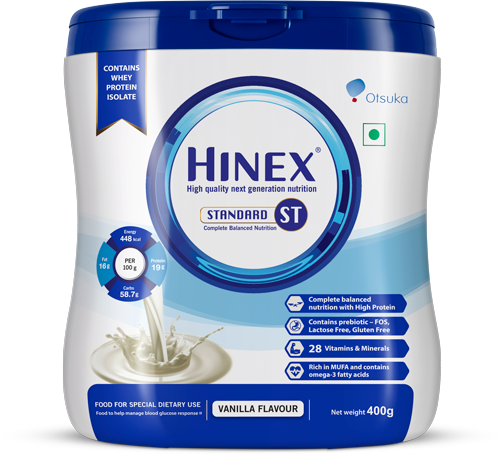
 Buy Now
Buy Now Buy Now
Buy Now